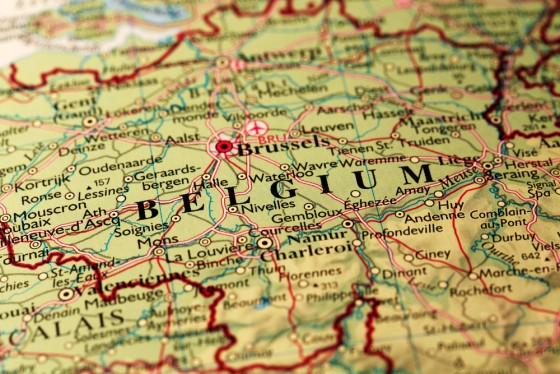
The deadly terrorist bombings in Brussels this week have elicited an outpouring of support for the victims and for Belgium, along with renewed rage and consternation regarding ISIS. These are predictable reactions.
What these acts also elicited, I’ve noticed, are numerous comments from many outlets that the attacks were not surprising.
The BBC, in fact, said the bombings were “not a surprise” and security experts chimed in with similar assessments. Even Belgians themselves admit that the attack wasn’t shocking—Prime Minister, Charles Michel, lamented that “what we feared, has happened.” Think about how much has changed in less than a generation. Now, when the capital of the EU and NATO becomes a war zone, many react as though this is business as usual.
When it comes to political violence and warfare, we (or at least Western Europe) are living in a brave new world.
In fact, research I’ve conducted in recent weeks for a RIMS Executive Report on political risk confirms how much the paradigm has changed. Political risk experts I interviewed have been emphasizing this point. “I think it is truly a distinctive point in world affairs,” said one. Another confessed, “I’ve been doing this for nearly 20 years, and this is by far the most unstable, tenuous, deteriorating…risk environment I’ve ever seen.”
These sentiments are based on more than ISIS. Recent developments include the Ukraine civil war, the migrant crisis, deterioration of large swaths of the Middle East, tensions in the South China Sea, a weakening Chinese economy and Brazil’s political crisis. All contribute to a consensus that things are changing.
For the risk community, a big change is formerly reliable standards of which parts of the world are stable and which are unstable, such as developed economies versus developing and first-world versus second- and third-world. Now more than ever, risk managers considering the security of global operations need to examine a country’s vital signs rather than rely on conventional wisdom about stability. And if mass-casualty terror attacks are the new normal for Western Europe, a number of risk professionals will need to become better acquainted with the realities of political violence.
To end on a positive note, however, we do not have to believe the sky is falling. While terrorist attacks are brutal and unfortunate, it is consoling to think about the odds of being a victim. As data nerds are happy to point out, a person is much more likely to meet his or her demise from bathtubs, dogs and food poisoning. The Post has reported that you are more likely to be crushed by furniture than snuffed out by ISIS.
